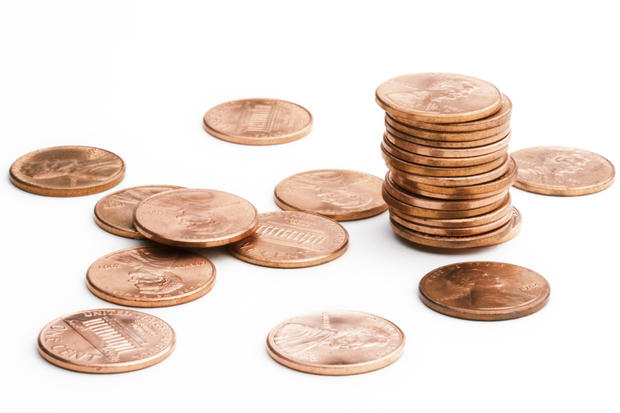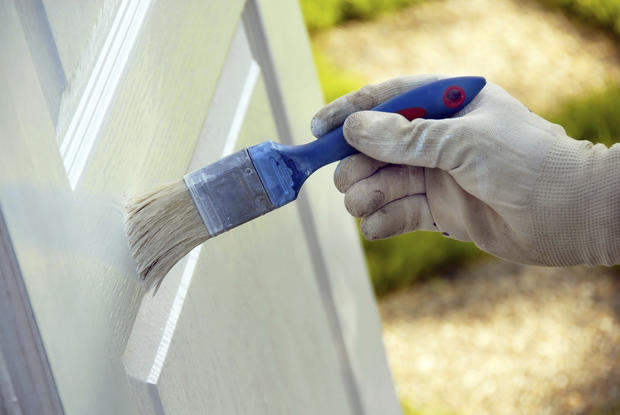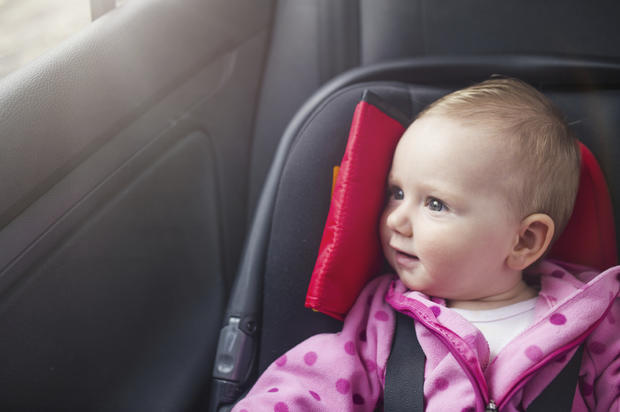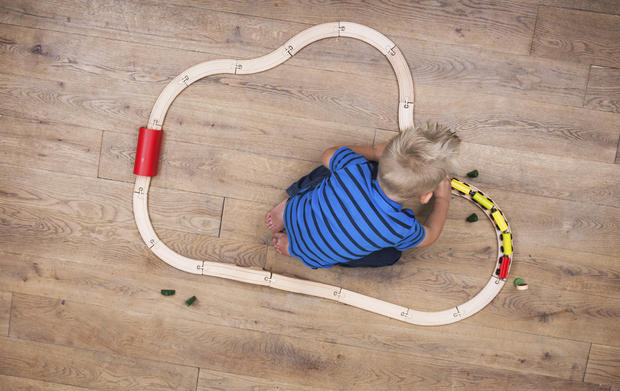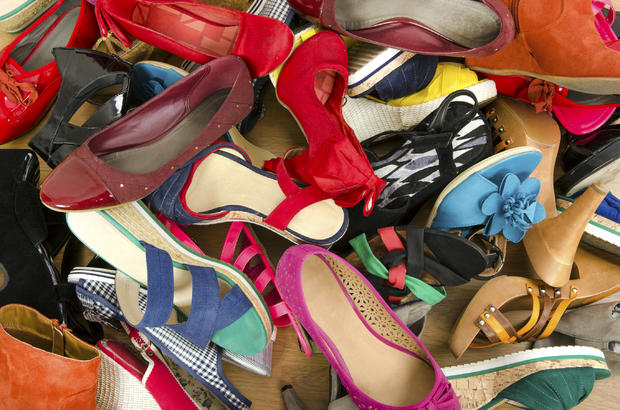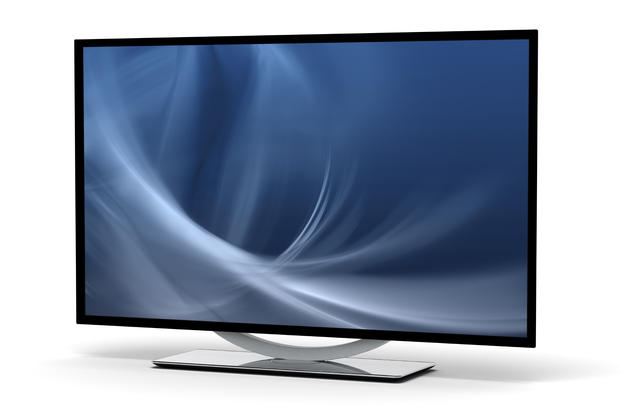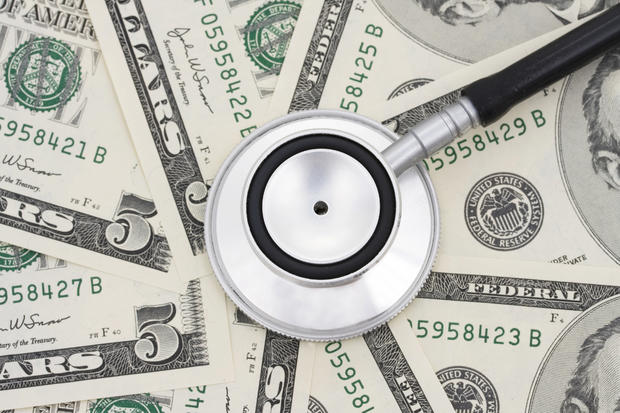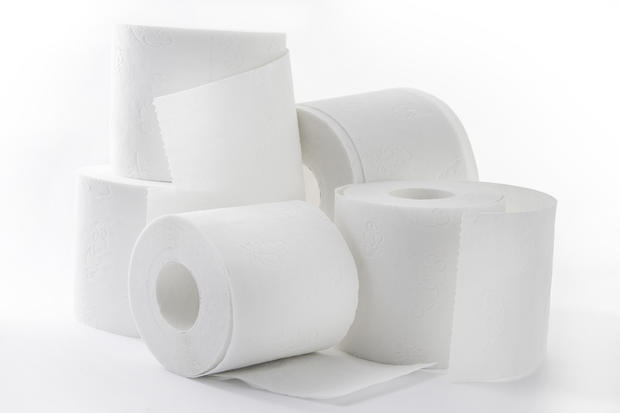7 things that prove cheaper isn't always better
By Maryalene LaPonsie/MoneyTalksNews
Everyone wants to save a buck. Am I right? However, in our pursuit of savings, there are some areas where we shouldn't skimp.
Following are seven items for which spending more cash up front can be worth every penny.
Paint
Let's start with your walls. Cheapo paint may seem like a bargain, but you could end up spending more overall if you have to paint and repaint to get the coverage you need.
Not only could you end up using more paint initially, but bargain brands may also be less durable, which means you'll be repainting again in no time.
Of course, you don't have to run out and buy the most expensive cans either. Many midrange brands make perfectly good products. If you have a membership to Consumer Reports, check out their ratings.
For everyone else, head to the Good Housekeeping paint reviews to find the right pick for your project.
Child car seats
It is always worth spending money on your child's safety. Check out car seat reviews and buy the best one you can afford.
Again, Consumer Reports has reviews available to members. Yes, some of these are expensive, but if they save your child's life, they're worth it.
Now, I know your jaw may drop when you click on the Parenting link and see that the first recommended seat costs $190. That isn't doable for some of you. I understand. Buy what you can afford. Anything is better than nothing.
However, do NOT buy a secondhand car seat or booster. If it's been in a crash, its integrity could be compromised. In addition, an old car seat could be expired. After years of sitting in the sun or freezing in the winter, the plastic may be degraded or the seat may be so old that it no longer meets current safety standards.
If you really can't afford a car seat or booster of any kind, go to SeatCheck.org and search for a car seat inspection site in your area. Call the site, explain your situation and ask if there are any local resources for free or low-cost car seats.
Police departments, fire departments, health departments and WIC offices may all have free car-seat programs for income-eligible families.
Toys
We'll stick with the kid theme for a moment. Cheap toys are, well, cheap. They don't always work right, and they seem to break easily. Then you end up with a frustrated child and more junk to declutter later.
Instead of loading up on cheap toys, buy higher-quality items your kids will really like. They will last, and probably will hold your child's interest for longer, too.
Shoes
Shoes are another area where it pays to spend a little more. Kids, in particular, are rough on their shoes, and my experience has been that cheap shoes tend to quickly develop holes in the top, or their soles tend to separate.
For adults, it's a mixed bag when it comes to buying more expensive shoes. More money may mean better-quality materials, but if you sit at a desk all day, that might not make much difference.
My advice is to consider your personal habits and how quickly your current shoes wear out. If you have to replace them more than once a year, you might want to upgrade your purchases.
Big-ticket electronics
TVs and computers are both items for which a low price may also equal low quality.
Cheap computers may come with shoddy hard drives, short battery lifespans and limited warranties.
If you use your computer only occasionally, you can probably get away with a bargain-bin laptop. Otherwise, spending a little more may pay off.
It's a similar situation with TVs. You don't necessarily have to spend a fortune for a decent picture -- there are many good models in the $500 range. However, exercise caution when buying those deeply discounted TVs that come out of the woodwork each Black Friday. News reports suggest those TVs may be stripped-down products that deliver subpar quality.
Health insurance
Cheap health insurance plans may have high deductibles, restricted provider networks and hoops to jump through for specialist care.
In some cases, a policy with low premiums may be the right choice. However, rather than shopping based on premium prices alone, look for all of the following when comparing medical insurance options:
- Deductible amounts per family and per individual.
- Co-payments for office visits, emergency care and specialist care.
- Out-of-pocket costs for prescription drugs and any limitations on brand-name drugs.
- Provider network, including participating hospitals and outpatient clinics.
If you have a chronic condition or reason to believe you might have medical bills in your future (little boys and broken arms come to mind), buying the cheapest plan possible may be penny-wise and pound-foolish. Spend a little more per month, if you can, and you may come out ahead in the long run.
(In case you're confused about the terms mentioned above, read this article on health insurance jargon.)
Toilet paper
Finally, we come to the bottom of our list -- figuratively and literally.
I've discovered that toilet paper might rank right up there with politics and religion when it comes to causing controversy. Regardless of your preference, I hope we can all agree you should not be buying low-quality toilet paper.
Toilet paper that cheap can shred easily. What's more, you may find yourself using more, and that could negate your savings.
Finally, less-expensive brands may not dissolve well, meaning potential plumbing problems and more dollars out of your pocket.
If you really want to save money in the long run, you could install a bidet. Personally, I'm not quite ready to go there, and with five kids, that would just be an invitation to turn the bathroom into a water park.
Maybe you feel the same; in that case, you can check out the Good Housekeeping toilet paper reviews.
